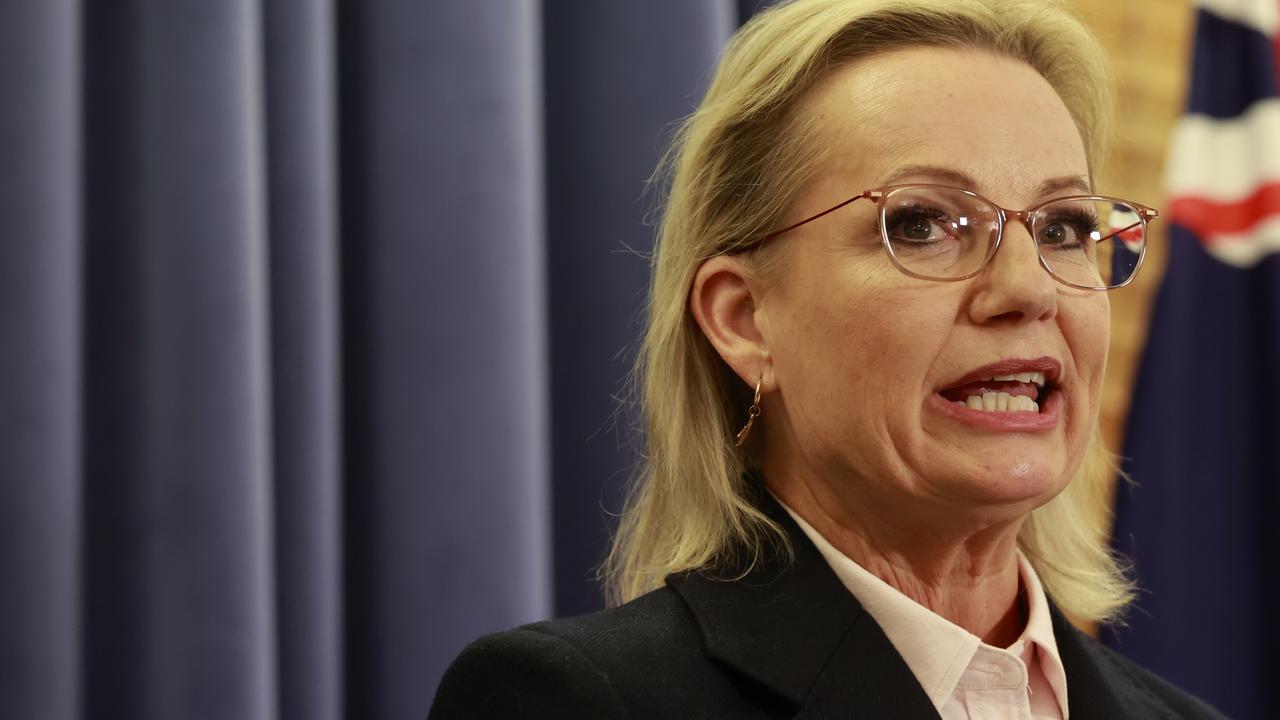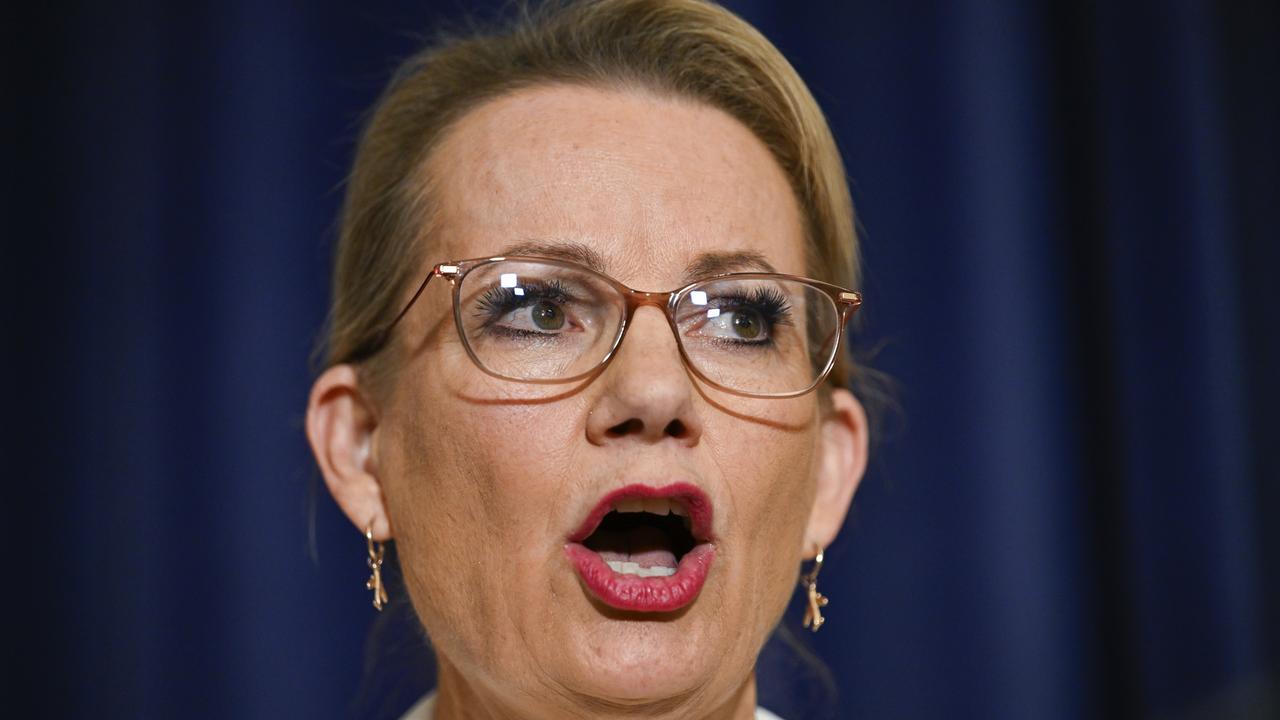Penalty rates sure to be a key issue in this election
OPINION: Penalty rates are sure to be a key issue in this election but it’s a whole lot more complicated than it has been before.
Analysis
Don't miss out on the headlines from Analysis. Followed categories will be added to My News.
PENALTY rates are sure to be a key issue in this election but it’s a whole lot more complicated than it has been before.
In 2007 when the Coalition was defending its Work Choices policy — with the very flexible “no disadvantage test” — it was a simple message from unions that two things could happen in the workplace.
You could get sacked for refusing to work particular shifts or accept shift changes and you had a “take it or leave it” wage deal that either flattened or did away with penalties.
The winners here were the hospitality and tourism industries where 24/7 workplaces could iron out employment costs.
The utility workers — ambos, firemen, cops, nurses and ancillary employees — were outside this net because of solid unionised workplaces. For these cohorts the rates were set and the employers — mostly the public sector — paid them.
In the big retail sector it was — and remains — something of a divided house.
Those working for the really big employers — Coles, Woolies, McDonalds and so on — get a flattened penalty rate as part of their wage as a result of cosy deals between the powerful and ultra conservative Shop, Distributive and Allied Workers Association and big retail.
The people who get penalty rates at the award rate are those who work for smaller retail outlets which gives the big firms a distinct wage cost advantage.
This week the Fair Work Commission blew the whistle on this caper by condemning Coles for underpaying its workers under the deal struck with the SDA.
Duncan Hart, a left wing Brisbane political activist and part-time Coles worker, took the deal to the Commission which said 75,000 workers were being paid under the legal level.
Critics of these kind of deals say this blows apart the kind of back room arrangements that undercut workers and it breaks down the club arrangement in which big unions, big business and the deal ticking arbitrator come together.
In exchange for the big employers paying particular “training” and other fees to unions, the unions get their members signed up by the company. The price is paid by the lowest paid workers who get a lower pay rate than others in the sector.
This won’t deny the ACTU backed campaign on penalty rates but it does demonstrate this issue has more sides than a Rubik’s cube.
Originally published as Penalty rates sure to be a key issue in this election


